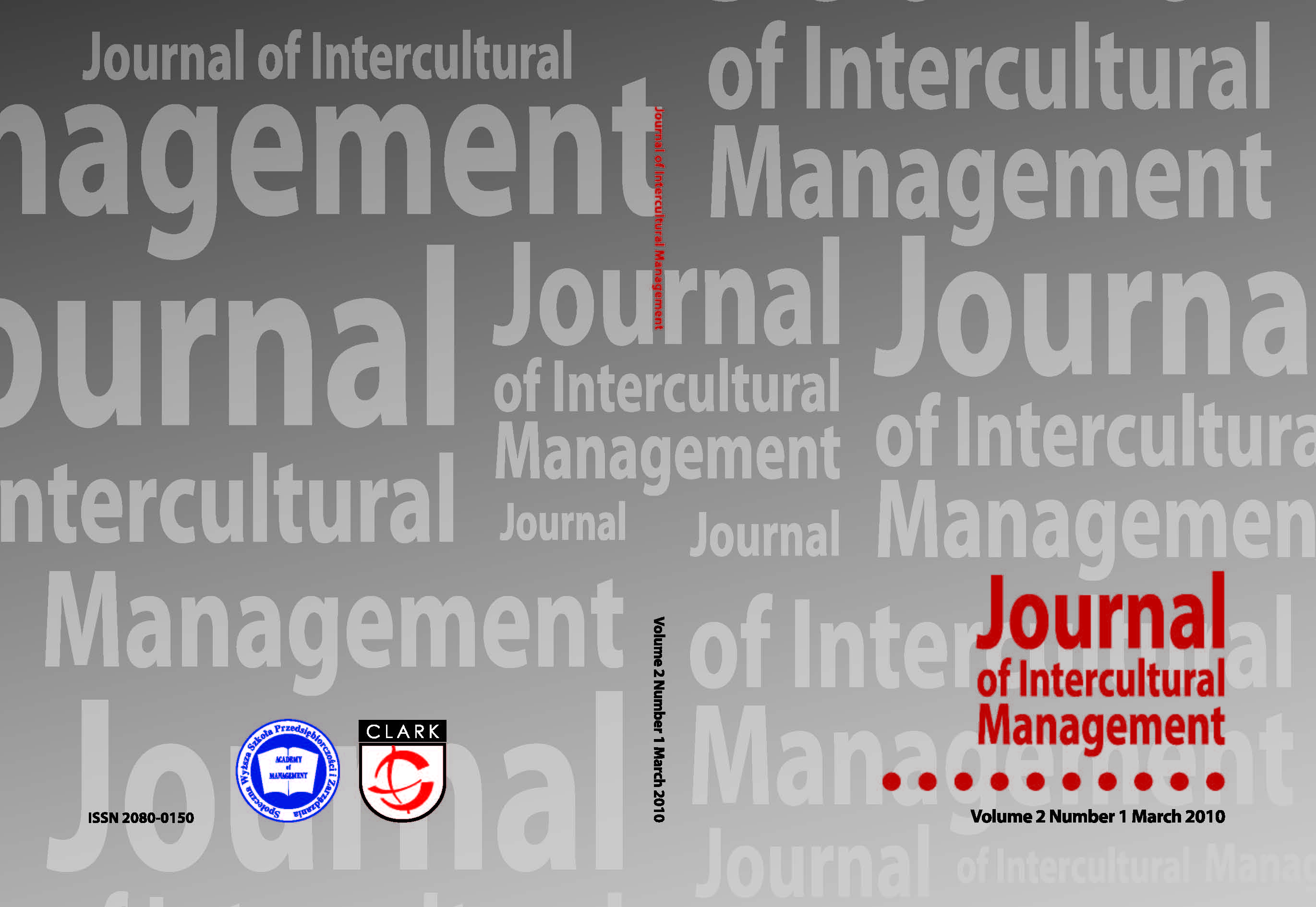The Role of Intercultural Dialogue in the EU Policy
The Role of Intercultural Dialogue in the EU Policy
Author(s): Zofia Wilk-WośSubject(s): Politics / Political Sciences, Social Sciences
Published by: Społeczna Akademia Nauk
Summary/Abstract: The European Union cultural policy is based on the respect for cultural diversity – “unityin diversity”. Furthermore, the enlargement of the European Union, the free movement of workers and globalisation have increased the multicultural character of many memberstates. In those multicultural societies, the diversity of religious beliefs and convictionscan lead to misconceptions and fears, and the lack of the ability to communicate in foreign languages hampers integration and cooperation. The mix of cultures can develop European cultures, stimulate reflection on cultural identity and build openness and respect for the others, but also may affect economic and social development and political stability of the EU. The effective and constructive dialogue between people and cultures is necessary for any multicultural society to function. Intercultural communication helps to understand better other cultures, leadsto wider recognition of cultural heritage, tolerance and full respect for different cultural, linguistic, ethnic and religious groups. For these reasons, the promotion of intercultural dialogue is one of the main objectives of the EU cultural policy. This dialogue plays a fundamental role in building Europe, where people live together, not just co-exist. It helps prevent racism, isolation and discrimination of immigrants. To support intercultural dialogue, the EU Commission is promoting many language projects, especially due to the fact that knowledge of languages has become a key factor of employability and mobility for people and gives an opportunity to understand cultural diversity better.
Journal: Journal of Intercultural Management
- Issue Year: 2/2010
- Issue No: 1
- Page Range: 78-88
- Page Count: 11
- Language: English

